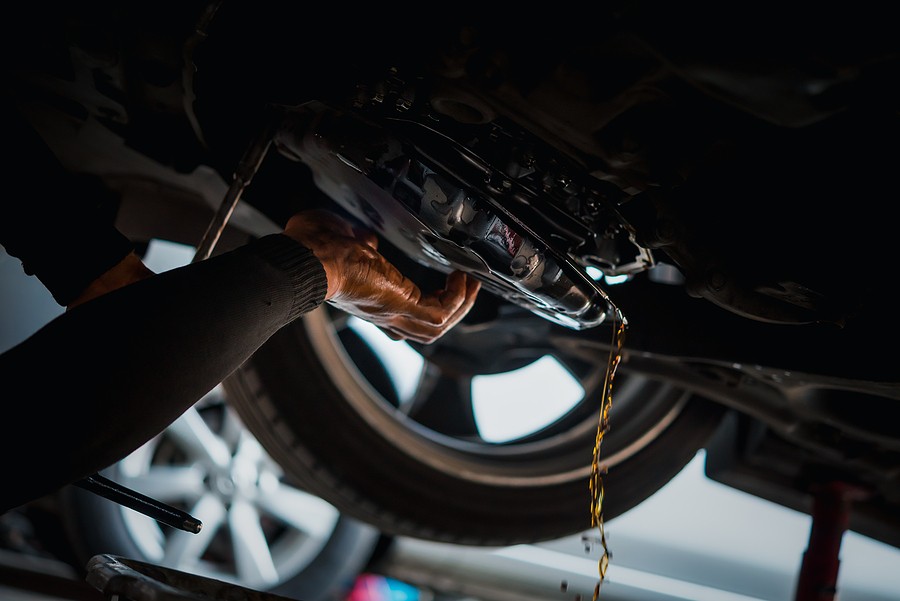When you get a new alternator installed in your car, you expect it to work perfectly. Unfortunately, this may not always be the case. If you're experiencing transmission problems after replacing your alternator, there may be something wrong with the installation or with the new alternator itself.
This article provides all you need to know about transmission problems after alternator replacement. Learn more about potential problems, diagnostics, repairs, and repair costs.
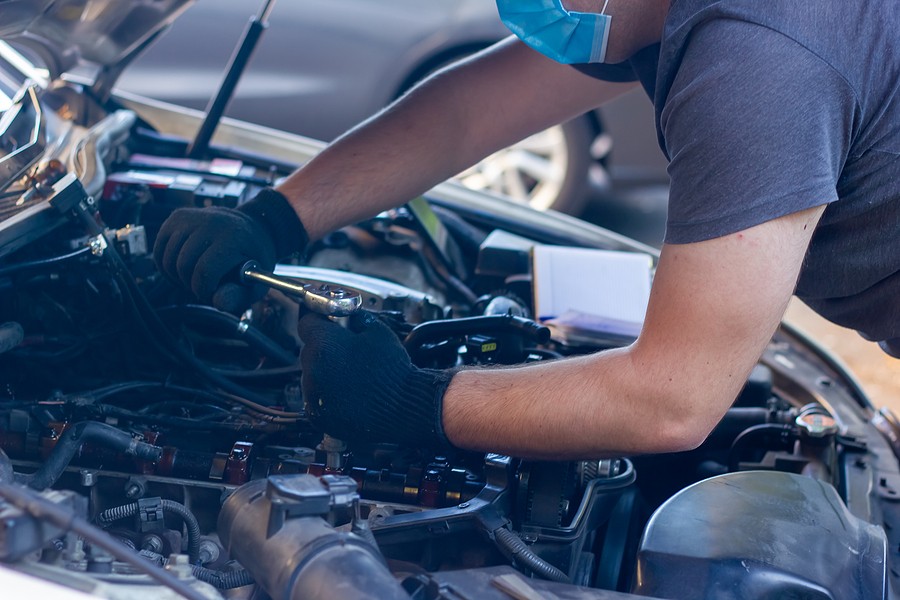
How are the transmission and the alternator connected?
It might sound that the transmission and the alternator are two isolated components. However, they are not. Both of them work together to provide power to your drive system and other components.
The following things control how the transmission works after you get a new alternator installed:
- Location of the battery in the vehicle – if it's located in front rather than in the trunk, it will take more time for the voltage to reach the transmission
- Battery condition – if it's old and dead, this will affect your vehicle's driving. If it's completely discharged, you may experience problems with your transmission system.
- The voltage output by the new alternator
- Type of material used in manufacturing your car ( i.e., aluminum or steel) Aluminum is lighter than steel and more expensive. This means that cars using aluminum are generally more costly than steel
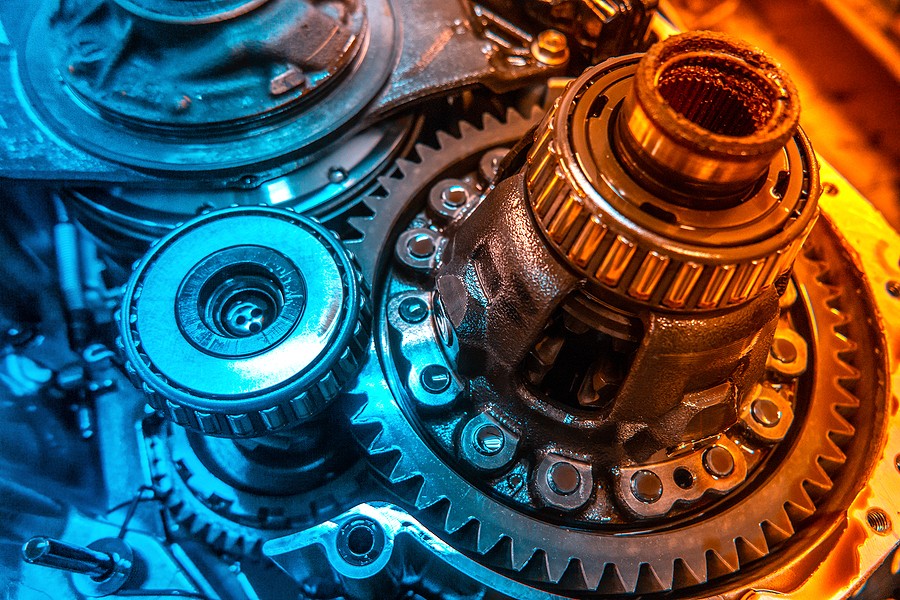
Transmission problems after alternator replacement
There is a wide range of potential issues that might face the transmission if you don't replace the alternator properly, including:
#1 Failed to charge
When you get a new alternator installed in your car, the battery is one of the first things that needs to be replaced. The old battery will need to be drained completely before being reinstalled in your car. When you have a new alternator installed, the battery is likely to charge improperly and run your car's electronics. This may lead to several problems, including:
- Your car is not starting.
- Your car is not charging properly.
- Your car is stalling intermittently.
- Your car jerk when accelerating.
- Your car is running hot and overheating.
- Your car is stalling at stop signs or intersections.
Fix: To fix this problem, you'll need to check the charging system and the battery in your car. For example, if a new alternator was recently installed in your car, it might not be very correct. A charging system test can help you determine what needs to be fixed.
Repair costs: The cost of a charging system test is about $50. For a new alternator replacement, you can expect to pay between $150 and $300.
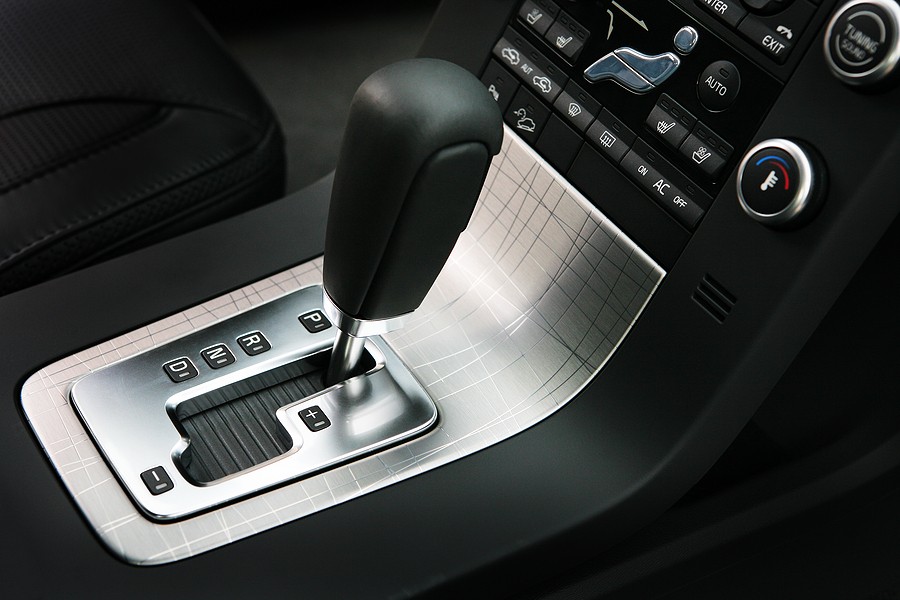
#2 Failed to shift properly
The problem, in this case, is that the transmission doesn't shift properly. You may be shifting through gears in your car when suddenly transmission feels like it's slipping. If this happens, the most likely cause is a problem with your car's automatic transmission fluid level or cooling system.
Fix: To check for this problem, begin by adding more automatic transmission fluid to your car if needed. If you cannot locate the leaking part of your car's transmission, you may need to have it towed.
Repair costs: The cost of adding more fluid is about $20. For a transmission repair, you can expect to pay between $150 and $300.
#3 Transmission fluid leaks
Transmission problems after alternator replacement can also happen because of a transmission fluid leak, which causes the car to overheat. When the fluid is low, the transmission overheats, and you have transmission problems after alternator replacement.
Fix: To fix this problem, you'll need to check your car's transmission fluid. If it's leaking excessively, have a mechanic look at it immediately.
Repair costs: The cost of adding more fluid is about $20. For a transmission repair, you can expect to pay between $150 and $300.
#4 No acceleration power
Transmission problems after alternator replacement could also occur if there's no acceleration power when you press down on the gas pedal to accelerate your car from a stop position or up a hill/hump. In this case, there may be a problem with the car's fuel pump or pressure regulator.
Fix: To check for this problem, you'll need to have your car checked at a mechanic's shop. The engine control module will determine whether it's an internal problem with the fuel delivery system or a more serious issue with the transmission.
Repair costs: The cost of checking your car's fuel pump and pressure regulator is about $50. For a new alternator replacement, you can expect to pay between $150 and $300.
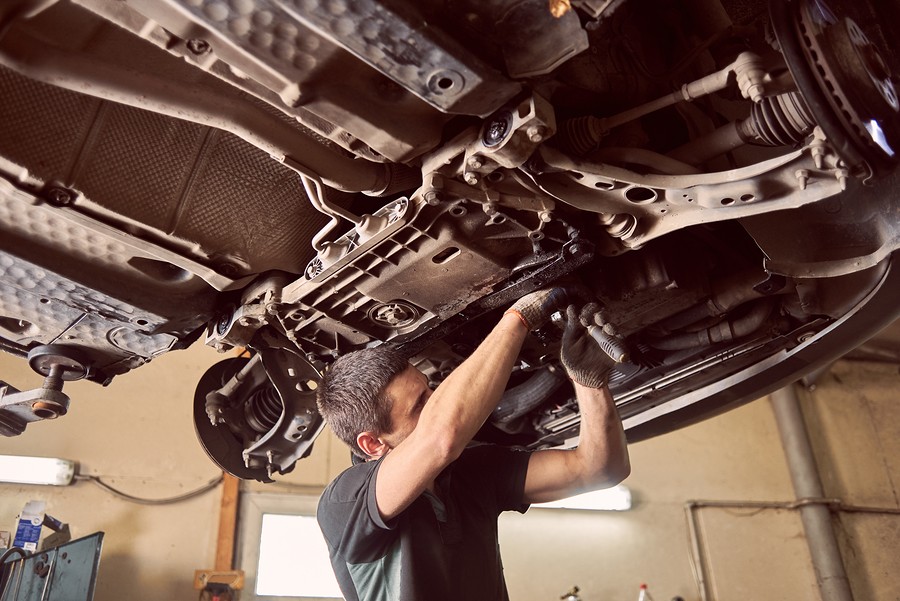
#5 Bad catalytic converter
Another common problem that usually occurs together with transmission problems after alternator replacement is that the catalytic converter malfunctions.
Fix: A mechanic will need to check your car's catalytic converter and possibly replace it altogether, depending on the extent of the damage.
Repair costs: Replacing a bad catalytic converter is between $1,200 and $2,300 (parts and labor) plus additional expenses for taxes and fees.
#6 Overheating transmission fluid
When the automatic transmission fluid overheats, it decreases in volume and starts having poor lubricating abilities. You may notice this problem when you start shifting gears and hear a whiny noise while accelerating your car from a stop position or up a hill/hump.
Fix: The transmission fluid needs to be replaced immediately; otherwise, you'll need to have it towed.
Repair costs: The cost of replacing the transmission fluid is about $30. For a new alternator replacement, you can expect to pay between $150 and $300.
#7 Loss of power steering fluid
When your car loses its power steering fluid, you'll lose the ability to steer your car in sharp turns.
Fix: You'll need to add more power steering fluid and possibly have it towed if your car continues to overheat.
Repair costs: The cost of adding more fluid is about $20. For a transmission repair, you can expect to pay between $150 and $300.
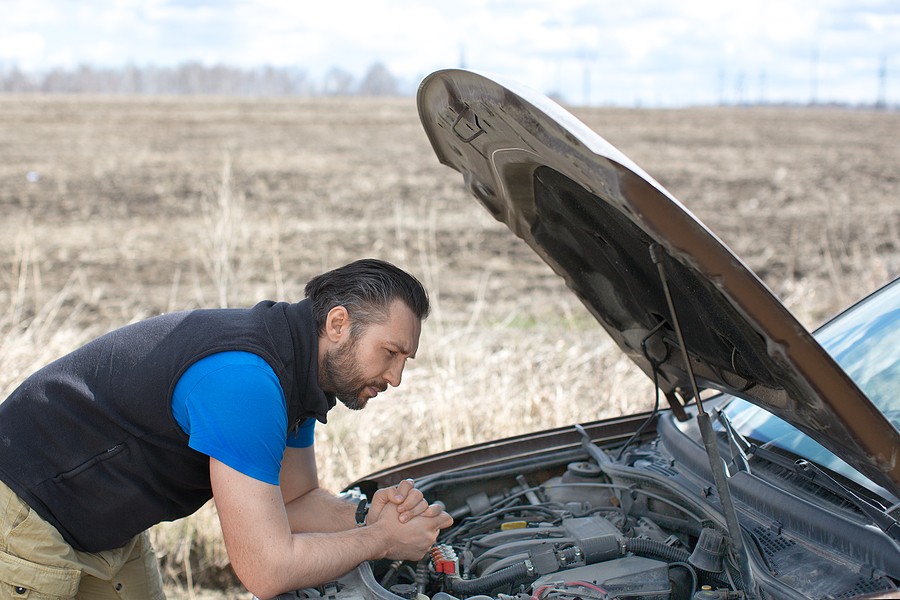
How to install an alternator and avoid causing transmission problems?
The best way to prevent transmission problems after alternator replacement you must install the new alternator properly. Let's take a closer look at a step-by-step procedure on how to install an alternator to avoid causing transmission problems:
#1 prepare your tools
You'll need to assemble all of the tools you need before beginning the process. Your list should include:
- A wrench set (check if it has a ratchet head)
- An automotive jack and hydraulic bottle
- Some wooden pieces or cinderblocks
- An extension pole for your wrench set
#2 choose your working area
Select a clean space and won't be obstructed by any large objects. Choose an area with enough light so you'll be able to see the wrench set work; you don't want to make mistakes while replacing your car's alternator.

#3 jacking up your car
Jack up your car at its designated position (usually near the front) and make sure it's stable before working. Make sure to secure your vehicle on all four corners using the automotive jack for added stability.
#4 remove the wire harnesses
Using your ratchet head, carefully unbolt or unclip wire harnesses from the battery terminal and alternator area. Then, place them aside in a safe place where they can stay until you reconnect them for installation.
#5 remove the battery terminal
Remove your car's old battery from its place and carefully place it aside on a stable surface where it won't tip over or cause damage to other objects around it.
#6 remove the alternator
Using a wrench set, unbolt or unscrew all of the bolts that hold your car's alternator in position. Carefully lower down your car's alternator and disconnect any wires attached to it while doing so. Make sure you have identified each wire before disconnecting any of them.
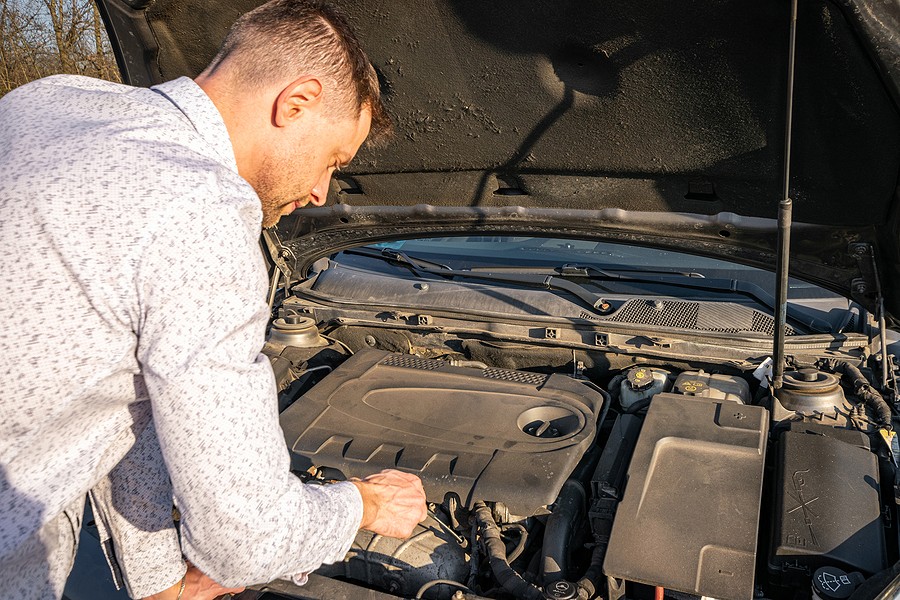
#7 removing the pulley wheel
After removing the old alternator, you'll need to get rid of its pulley wheel by using a wrench set with an extension pole.
#8 installing a new alternator
Connect all of the disconnected wires during removal and carefully bolt down your car's new alternator. Ensure it's secure and won't move from its position at any point during operation by checking if all bolts are tightly in place.
#9 tightening the pulley wheel
After bolting down your car's new alternator, insert its pulley wheel back into position and tighten it using a wrench set with an extension pole. Make sure to not over-tighten while doing so because you may damage the components surrounding the area.
#10 attaching wire harnesses and battery terminal
Attach all of your car's wire harnesses and properly attach each one to their designated area (battery terminal and alternator area).
#11 checking if your car is working properly
Check whether your car's wirings are properly attached or not by turning on the engine. Next, have someone turn on their headlights to check if the battery terminals illuminate the lights; if they do, it means you've successfully installed a new alternator without causing transmission problems. If no lights are illuminated, remove the wire harnesses from their designated areas and retry installation starting from step four.

Should I replace the alternator by myself?
Replacing your car's alternator must only be done by qualified specialists or mechanics because it can cause severe damage to your car's engine. In addition, your car's charging system is an integrated one that needs constant voltage to continue operation; even the slightest miscalculation can cause serious problems with your battery.
Pros of having a professional mechanic/technician replace your car's alternator:
I can do it in half the time required for a DIY project. Can ensure that the new alternator is properly installed and working without causing damage to other components within your car's electrical system. Have all tools needed to perform an Auto Repair job on-site? Has access to original spare parts for replacement/installation. Can use the latest tools designed to pick up complicated malfunctions in your car's systems.
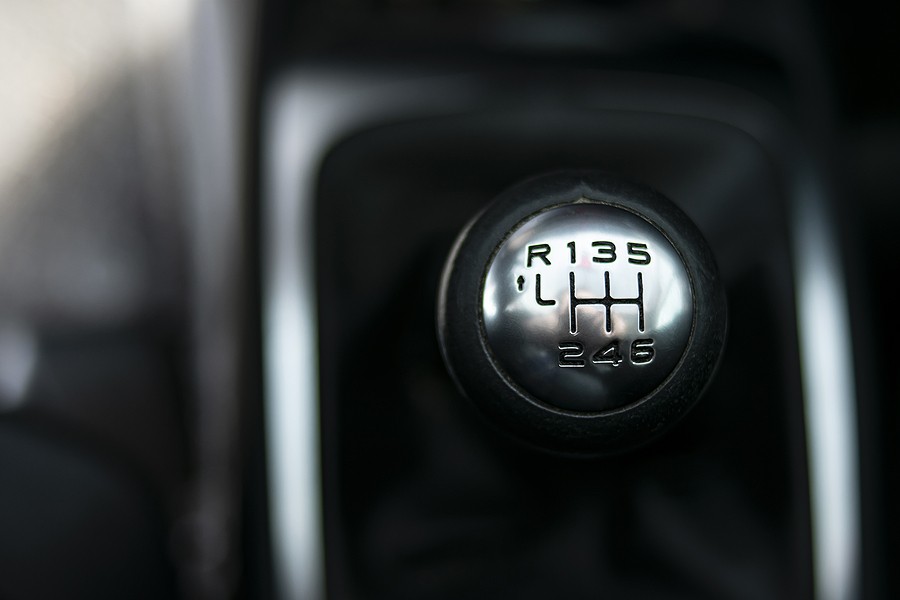
Is it worth fixing transmission problems after alternator replacement?
Replacing your car's alternator is a complicated process that can cause other components within your vehicle's electrical system to become damaged. If you've replaced your car's alternator and it has transmitted problems that need repair, it means that the charging system within your car isn't working properly anymore.
In this situation, you have two options: replace the faulty part(s) with a brand new one or have a professional mechanic/technician repair the damage.
Replacing your car's alternator is a long and costly process that can take anywhere from half an hour to two hours in total. On top of that, buying another car's alternator for replacement means you'll have to spend an additional amount on parts.
Car mechanics can repair auto damage like transmission problems after alternator replacement, but the time it'll take to fix your car's charging system will vary depending on the degree of damage/malfunction within your car; they may also charge you additional fees if they have to purchase new tools or spare parts.
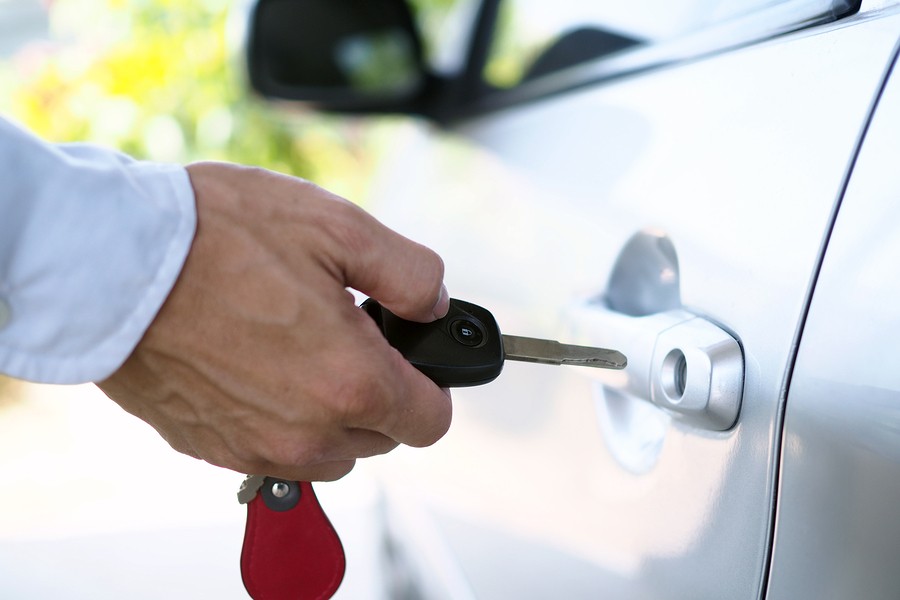
Replacing vs. rebuilding a transmission
Replacing your car's transmission is a complicated process that takes skilled mechanics/technicians at least half an hour to do. On top of the hassle, it might also cause further damage because many parts within your car's transmission system must be disassembled first before removal.
On the other hand, Rebuilding a transmission can be done by mechanics/technicians with average skills and very few tools. While it doesn't cause as many transmission problems after alternator replacement, you're still advised to let a professional rebuild your car's transmission system because of its complicated construction and design.
No matter what process you choose, using only the best quality parts is highly recommended to prevent further damage to your car's engine.
How to detect transmission problems after alternator replacement?
The most common transmission problems caused by faulty alternators are shifting errors, service engine lights illumination, and long cranking times when starting your car. Suppose you notice any of these symptoms after replacing your car's charging system. In that case, it means your vehicle's battery is not being charged properly anymore because other components within your car's electrical system must be checked and replaced:
Alternator belt: Can become worn because of overheating or constant use. The belt can also snap if it's not in good condition; this means you should change the alternator belt as soon as possible to prevent further damage to your car's engine.
Car battery
If you think your car's battery is damaged because it can't hold a charge anymore, have a certified technician check for signs of leakage and corrosion within the battery. If there is visual damage(s) present on your car's battery, consider replacing or repairing it as soon as possible to avoid further damage to your engine/alternator system.
Charging system
If your car's alternator produces the appropriate power readings, check for signs of damage within its charging system. Damaged components within the charging system often cause problems like the illuminated service engine, soon light, and erratic shifting modes. If you notice any voltage fluctuations or malfunctions on your car's dashboard after replacing an alternator, consider taking it to a professional to have it checked/replaced as soon as possible.
Alternator itself
If you see signs of fluid leakage, overheating, or other unusual conditions within the alternator itself after replacing your car's charging system, have a professional check its internal components and replace them accordingly.
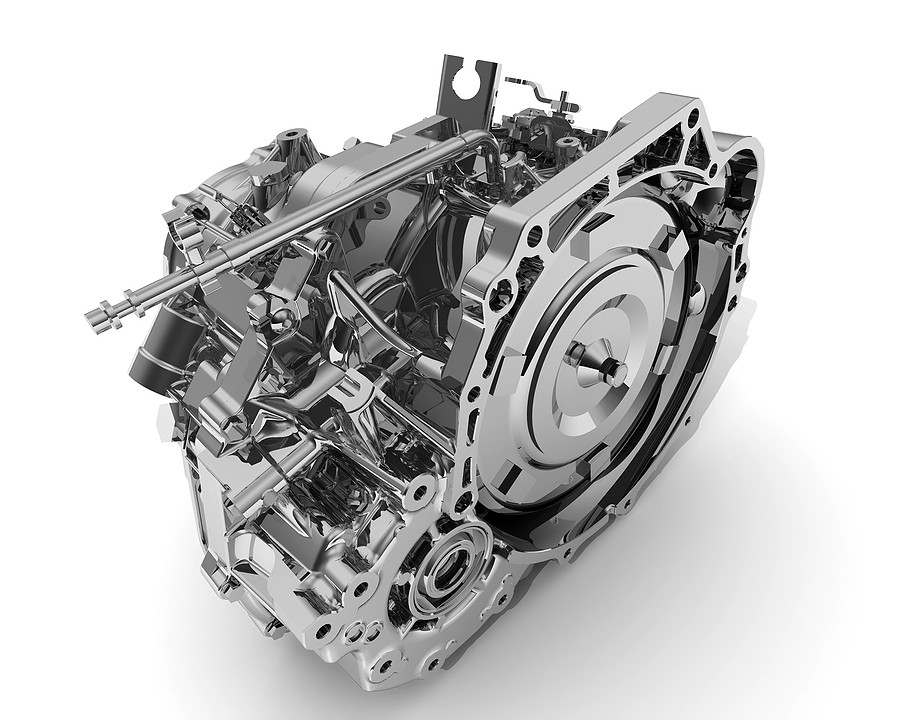
Conclusion
The transmission can be a complex and confusing system to comprehend, but the more you know about it, the better. Transmission problems after alternator replacement are common because people often don't install their new alternators correctly or neglect proper maintenance of their car's battery terminals.
Whenever you experience transmission issues such as changing gears or stalling, make sure to bring your car in for a checkup at an automotive shop. A good mechanic will determine whether it's a problem with your battery terminals or ignition system. He will also be able to check if the transmission cooling unit is working properly and whether your car's alternator is fully functional.

